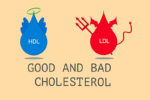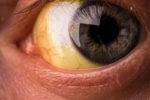Abnormally shallow breathing during sleep and abnormal pauses in breathing when you sleep is a disorder known as sleep apnea. It not only affects the quality of sleep but may also lead to serious complications in your health. Your life may be at risk due to a lack of sleep as a result of sleep apnea.
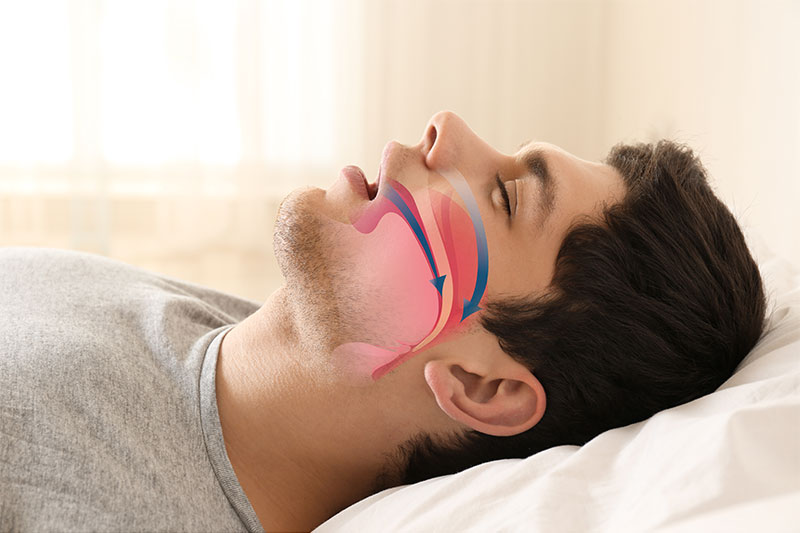
When you lose too much sleep, you feel depressed, suffer headaches, have trouble with your memory, and sometimes end up with gastric trouble. The same symptoms are suffered by people who suffer from sleep apnea. Here are some other health risks associated with sleep apnea:
High Blood Pressure
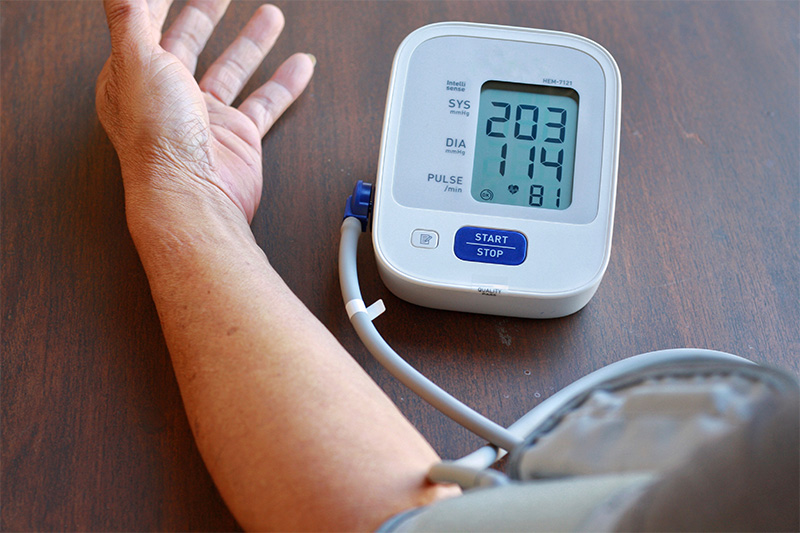
High Blood Pressure: When a patient suffers from sleep apnea, his breathing pattern allows only a very little oxygen into his body when he is sleeping. This creates an extraordinary stress and contributes towards hypertension. The sympathetic nervous system (SNS)in our body — responsible for the fight or flight response — fights back by releasing the hormone, Noradrenaline, to cope with this high level of stress. This hormone gives the body a burst of energy by constricting blood vessels, and this raises the blood pressure.
A 2005 study published in the New England Journal of Medicine found that people with obstructive sleep apnea (OSA) experience such sympathetic nervous system activity even during the day. However, they suffered difficulty in breathing only during their sleep. This means the body has less relaxation time to recover from the SNS activity.
Heart Disease
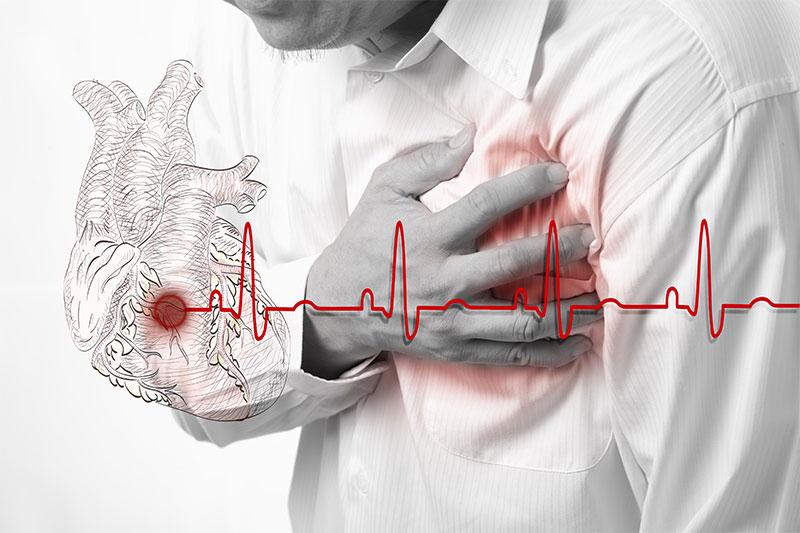
Statistics reveal that fifty percent of patients suffer heart attacks between 10 in the night and 6 in the morning. When a person does not breath normally during sleep, the oxygen levels decrease and the carbon dioxide levels increase. This puts a lot of strain on the blood vessels, which usually carry oxygenated blood to all parts of the body. The strain is felt by the heart and can lead to heart problems and even strokes.
Type 2 Diabetes
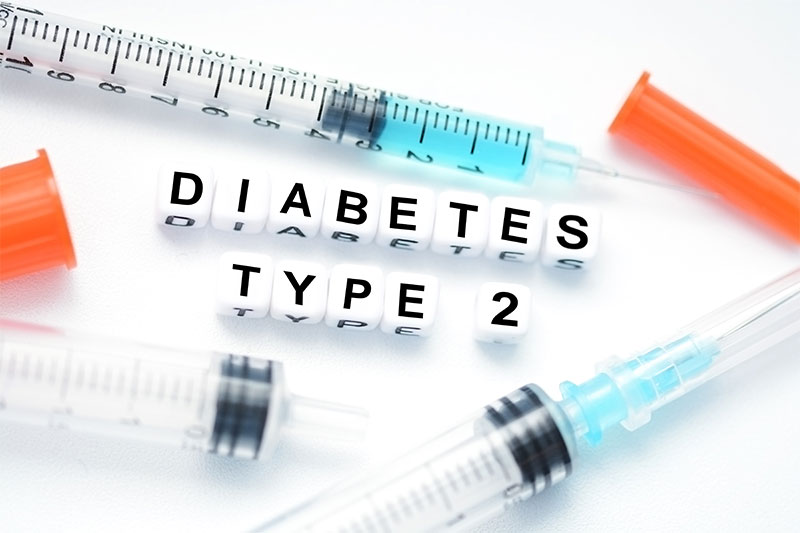
The connection between sleep apnea and type 2 diabetes is evident from the fact fact that 80 percent of type 2 diabetics also suffer from sleep apnea. Only when we enjoy sound sleep can our bodies absorb insulin. Lack of sleep causes insulin resistance, leading to diabetes.
Weight Gain
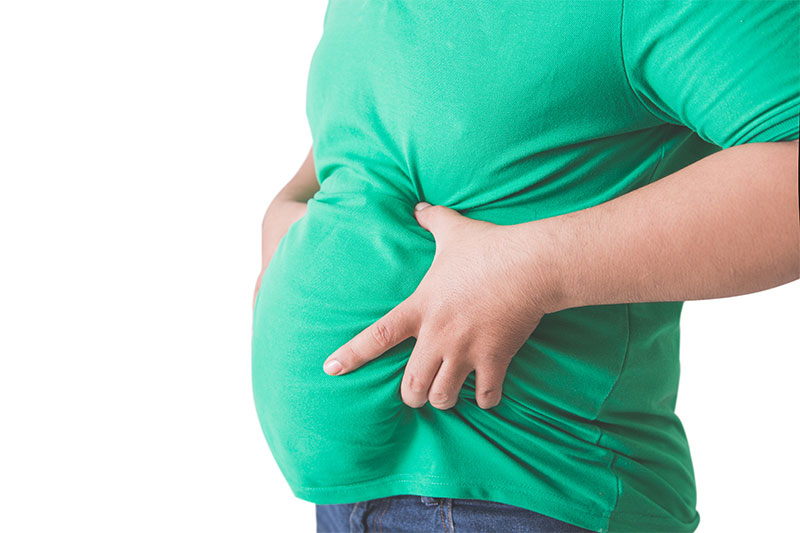
Sleep apnea disrupts the working of the endocrine systems, and ghrelin — a hormone which makes you crave for carbohydrates and sweets — is released in the body. This affects the eating habits of a person and makes his diet unbalanced. As a sleep deprived person has no energy to workout or exercise, he accumulates the extra calories as fat in his body, resulting in heavy weight gain.
GERD
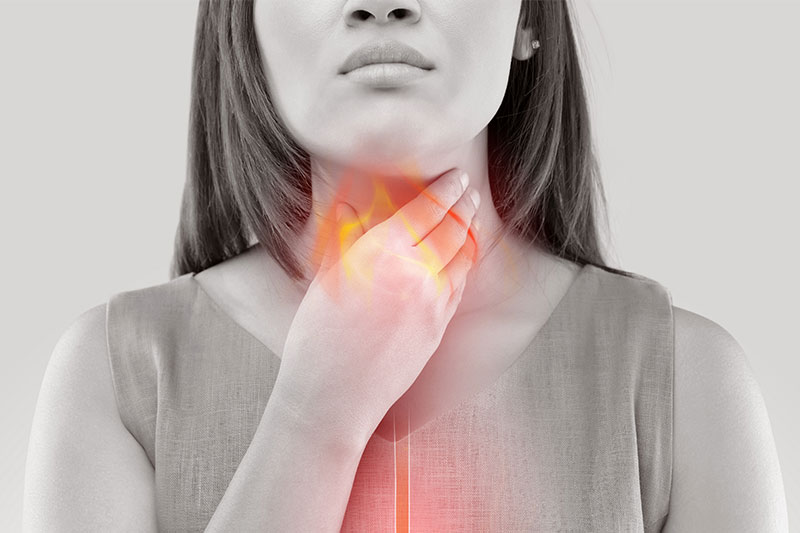
Although a team of researchers in Canada have established the connection between Sleep apnea and laryngopharyngeal reflux (LPR) and gastric reflux, they are not sure if sleep apnea leads to these gastric diseases or vice versa.
Some researchers feel that slow breathing during sleep causes the airway pressure to change and lead to reflux, while some other researchers feel that the reflux of acids may cause spasms of the vocal cords that can lead to sleep apnea.
Adult Asthma

People who have asthma often suffer from sleep disorders, and sleep apnea may be one among them. A study of young women who have asthma at the University of Cincinnati Children’s Medical Center shows that they are twice likely to develop sleep apnea. Though there seems to be no direct relationship between the two afflictions, asthmatic people often report sleepiness during the day, which is a symptom associated with sleep apnea.
Injury Due to Accidents
A sleep-deprived driver has difficulty in judging the position of the other vehicles on the road, suffers from slow reaction time, and is likely to meet with accidents. It is dangerous to let such a tired person on the road.
What appears to be a disorder of sleep can disrupt the functioning of a person during day time and can also lead to serious afflictions. So this seemingly mild problem should not be overlooked, and help should be sought immediately, as early detection can cure a person effectively.

